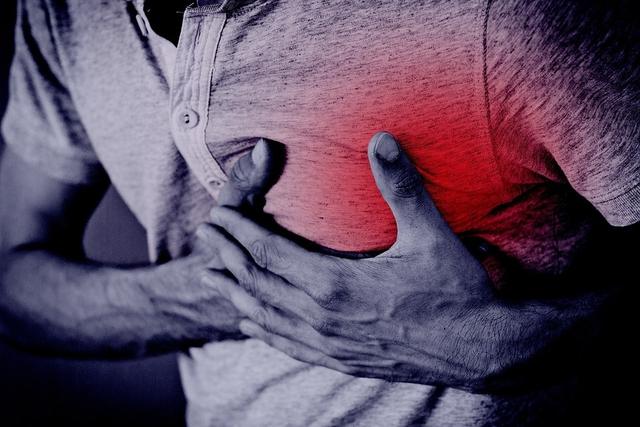
Your Cart
Your Cart

Heart failure, also known as congestive heart failure, is when your heart has trouble pumping blood.
Heart failure can be a result of other conditions that have damaged your heart. However, heart failure is not always a result of other conditions and can be brought on if your heart becomes too stiff. This is when the ventricles harden and do not fill properly between pumps. In other cases, your heart may become so damaged that the ventricles dilate to the point that it can no longer adequately pump blood throughout your body.
Heart failure can be chronic acute. Symptoms of heart failure include:
Shortness of breath when you lay down
Fatigue/weakness
Swelling in your legs and/or feet
Limited ability to exercise
Lack of appetite
You should see your doctor if you believe that you are exhibiting signs of heart failure. Seek immediate medical attention if you are experiencing any of the following:
Chest pains
Irregular heartbeat accompanied with shortness of breath and fainting
Sudden shortness of breath and coughing up pink mucus
High Blood Pressure: If you have high blood pressure, your heart has to work harder to pump blood throughout your body
Myocarditis: This is the inflammation of the heart
Chronic diseases such as diabetes, HIV, and hyperthyroidism, can lead to heart failure
Notice: The above information is an educational aid only. Always consult your healthcare provider to ensure the information displayed on this page applies to your personal circumstances.